As the colder months approach, many birds begin to struggle to find food, water, and shelter. You can make a significant impact by transforming your garden into a sanctuary that helps birds thrive through the winter. With a few strategic changes, you can create a bird-friendly environment that not only supports local bird populations but also brings vibrant birdlife to your garden during the less colorful months.
Why Attract Birds to Your Garden in Winter?
Birds are essential to a healthy ecosystem, even in winter. They help control insect populations, disperse seeds, and add life to your garden. Creating a haven for birds during the cold months provides them with much-needed support and offers you the joy of watching diverse bird species from the warmth of your home.
1. Provide Ample Food Sources
In winter, food becomes scarce, making it one of the most critical resources for birds. You can easily enhance your garden's appeal by adding bird feeders filled with high-energy foods like seeds, suet, and nuts.
- Choose the Right Bird Feeders: Different birds prefer different feeders. Tube feeders are ideal for finches, while platform feeders cater to larger birds like cardinals. Suet feeders attract woodpeckers and nuthatches.
- Offer a Variety of Foods: Use black oil sunflower seeds, safflower seeds, and peanuts to cater to a wide range of species. Suet cakes, especially those with added mealworms or berries, provide extra protein and energy.
- Include Native Plants: Planting native trees and shrubs that produce berries or seeds will provide natural food sources. Examples include holly, winterberry, and sumac, which retain berries through the cold months.
2. Ensure a Steady Water Supply
Finding fresh water is a challenge for birds in winter, as many natural sources freeze. By providing a reliable water source, you can make your garden an essential stop for local birds.
- Install a Heated Birdbath: A heated birdbath prevents water from freezing, giving birds access to drinking water throughout winter. Position the birdbath in a safe, open area to avoid predators.
- Add Stones or Perches: Placing a few small stones in the birdbath gives birds a spot to perch while drinking or bathing, reducing the risk of accidental soaking.
3. Create Shelter and Nesting Spots
Winter weather can be harsh, and birds need shelter to escape cold winds, rain, and snow. Providing various types of shelter will make your garden more appealing.
- Plant Dense Evergreen Trees and Shrubs: Evergreens like pine, spruce, and juniper offer excellent protection against cold winds and snow. These dense plants also provide safe roosting spots.
- Add Nesting Boxes: While nesting boxes are often associated with spring breeding, they are also beneficial in winter. Birds use them as roosting spots to stay warm. Make sure the boxes are clean and positioned away from prevailing winds.
4. Offer Safe Spaces from Predators
Birds are more vulnerable in winter when food is scarce and foliage is limited. Creating safe spaces can help protect them from predators like cats and hawks.
- Place Feeders Near Cover: Position feeders near shrubs or trees that birds can quickly fly to for safety. However, avoid placing feeders too close to thick cover, which can be used by lurking predators.
- Use Protective Cages: Install protective cages around feeders to deter larger predators while allowing smaller birds to feed comfortably.
5. Maintain Your Bird-Friendly Garden
A bird-friendly garden requires regular maintenance, especially in winter when conditions can quickly change.
- Keep Feeders Clean and Full: Clean feeders regularly to prevent the spread of disease, and keep them filled with fresh food to maintain a consistent food source.
- Check Water Daily: Ensure your birdbath remains unfrozen and clean throughout the day.
- Prune Sparingly: Avoid heavy pruning in winter to preserve natural cover and food sources like berries.
Benefits of a Bird-Friendly Winter Garden
Creating a bird-friendly garden in winter not only helps local bird populations but also enriches your own experience. Watching a flurry of bird activity, even on the coldest days, can be a source of inspiration and joy. Additionally, birds contribute to pest control, making your spring garden healthier and more vibrant.
Final Thoughts
Transforming your garden into a bird haven during the cold months is an enjoyable and rewarding endeavor. By focusing on food, water, shelter, and safety, you can help birds thrive in winter while adding life and beauty to your garden. The steps are simple, yet the impact can be profound, supporting both the birds and your local ecosystem.







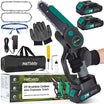
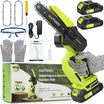
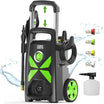
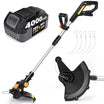






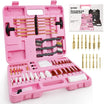
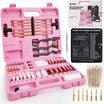
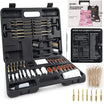
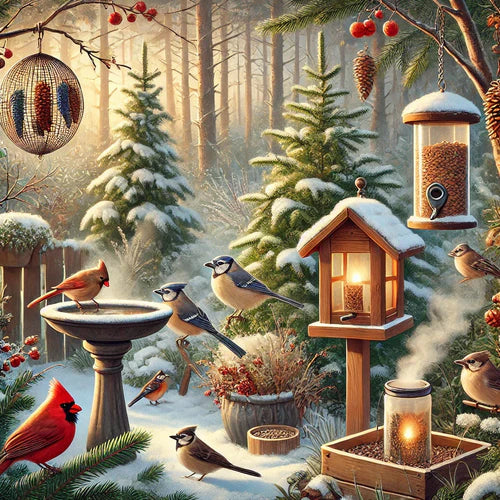

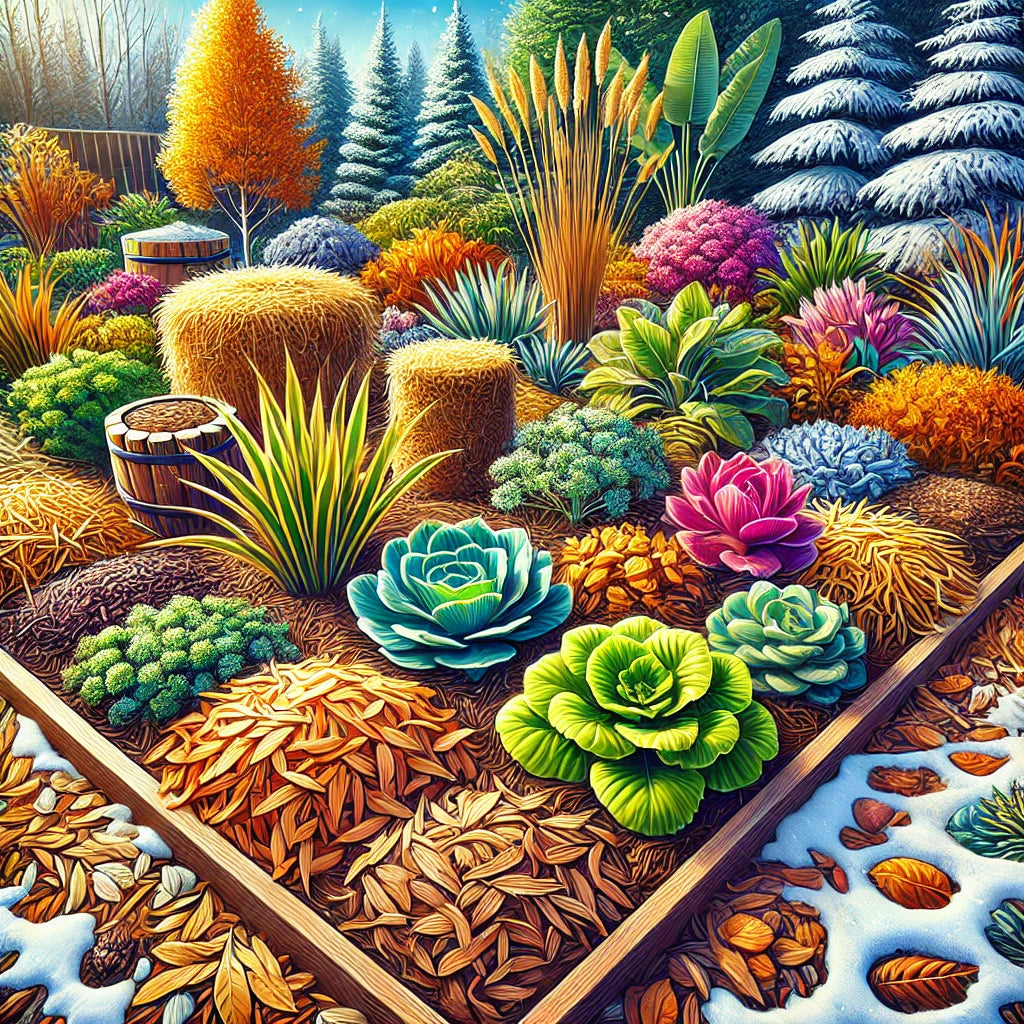
Leave a comment
All comments are moderated before being published.
This site is protected by hCaptcha and the hCaptcha Privacy Policy and Terms of Service apply.